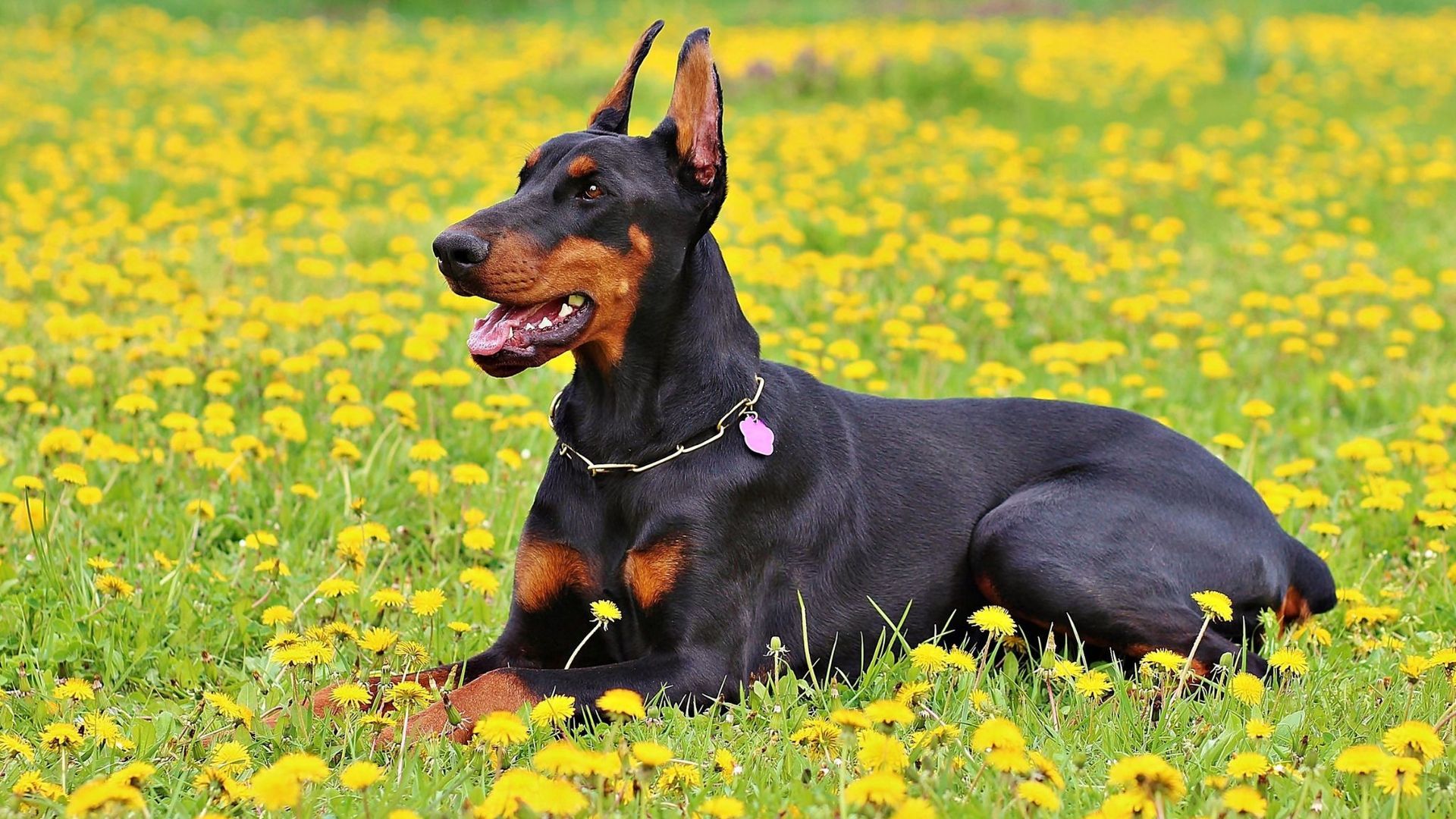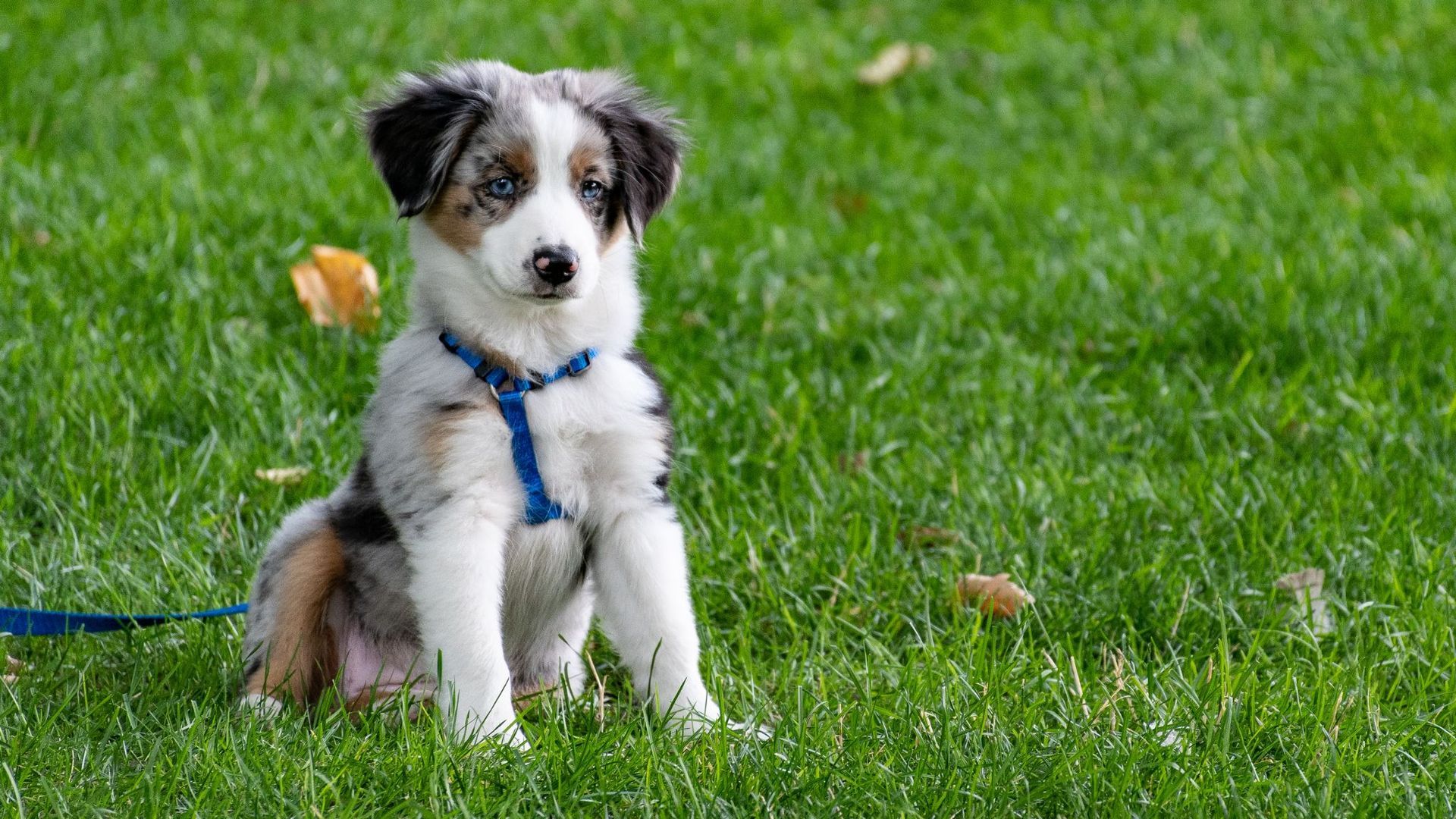
Ensuring your dog maintains a healthy weight is crucial for their overall well-being. If you find that your furry friend is underweight, it's important to address the issue promptly. In this guide, we'll explore reasons why your dog might be underweight, signs indicating nutritional deficiencies, the ideal weight for your canine companion, and, most importantly, the best foods to promote healthy weight gain.
My Dog is Underweight!
If you've noticed that your dog is underweight, you're not alone. Many pet owners face this concern, and it's essential to understand the potential reasons behind it. A variety of factors, such as picky eating habits, stress, illness, and age-related issues, can contribute to your dog's difficulty in gaining or maintaining a healthy weight.
Why Doesn’t My Dog Want to Eat?
A common reason as to why dogs become underweight is because they lack interest in eating. If your dog is disinterested in food, then as their owner, you need to find the root cause behind it in order to address their underweight condition.
They might be picky eaters, experiencing stress, dealing with an illness, or facing age-related challenges.
They’re Picky Eaters
Some dogs are naturally choosy when it comes to food. Find out what they like and dislike so you can look for suitable alternatives that can help address this issue.
They’re Stressed
Wait, dogs get stressed too? They’re just like us! Yes, dogs, like humans, can experience stress. Changes in their environment, routine, or the addition of a new family member can impact their appetite.
They Might Be Sick
Underlying health issues can lead to a lack of interest in food. If your dog's disinterest in food persists, it’s better to take them to the vet is essential to rule out any potential illnesses.
They Have Age-Related Issues
Do you have a senior dog who doesn’t want to eat? Aging dogs may face dental problems or a decreased sense of smell, making them less enthusiastic about eating. Adjustments in their diet and regular veterinary check-ups are crucial for their well-being.
What is the Ideal Weight for My Dog?
Determining the ideal weight for your dog is essential for their overall health. Factors such as breed, age, and activity level contribute to their weight requirements. Consulting your vet can provide specific guidelines tailored to your dog's individual needs.
Here’s a quick chart with some common breeds and their ideal weight to give you an idea:
Yorkshire Terrier 5 - 7 lbs
Beagle 18 - 30 lbs
French Bulldog 25 - 27 lbs
Golden Retriever 65 - 80 lbs
German Shepherd 75 - 95 lbs
Signs They’re Not Getting Enough Nutrients
Recognizing signs of nutritional deficiencies in your dog is vital for prompt intervention. Keep an eye out for weight loss, skin issues, a dull or dry coat, lethargy, weak muscle development, digestion problems, dental issues, a weak immune system, and sudden changes in behavior.
Weight Loss
If your dog is losing weight despite a regular diet, it's a clear indicator that they're not getting the nutrients they need.
Skin Issues
Nutrient deficiencies can manifest as skin problems, including itching, redness, or flakiness.
Dull or Dry Coat
A lack of essential nutrients often reflects in a dog's coat. A dull or dry coat may indicate nutritional imbalances.
Lethargy
Since your dog isn’t eating and getting the right nutrients, they’re going to lack energy and exhibit lethargy.
Weak Muscle Development
If they don’t have enough protein intake, then it can result in weak muscle development, affecting your dog's overall strength.
Issues in Digestion
Nutrient deficiencies may lead to digestive problems, causing discomfort and irregular bowel movements.
Dental Problems
Poor nutrition can contribute to dental issues, emphasizing the importance of a well-balanced diet.
Weak Immune System
A weakened immune system is a serious consequence of inadequate nutrition, making your dog more susceptible to illnesses.
Sudden Change in Behavior
Any sudden change in behavior, such as increased irritability or anxiety, can be linked to nutritional deficiencies.
What Human Food Can I Give My Dog to Gain Weight?
Supplementing your dog's diet with human foods can be an effective way to promote weight gain. However, it's important to choose foods that are safe and beneficial for your furry friend. Just because it’s beneficial to us humans doesn’t necessarily mean that dogs receive the same benefits.
Sweet Potatoes
Sweet potatoes are known to be rich in vitamins and fiber. This is why adding this ingredient to your dog’s meals isn’t such a bad idea!
Carrots
Carrots are packed with antioxidants and low in calories! They’re the perfect healthy snack or treat for your dog.
Plain Yogurt
Probiotics in plain yogurt can aid digestion and contribute to a healthy gut.
Peanut Butter
Who doesn’t love peanut butter? It’s a favorite among dogs! Peanut butter is a calorie-dense option that can be used as a tasty topping or treat.
Cottage Cheese
Cottage cheese is a great addition to your dog’s meals due to its high content of protein and calcium.
Brown Rice
A good source of carbohydrates, brown rice provides your dog a boost of energy and helps with their digestion.
Oats
Oats are rich in fiber and can be beneficial for dogs with digestive issues.
How to Find The Best Food to Give to Your Dog to Gain Weight
When it comes to promoting healthy weight gain, focusing on the quality of your dog's primary diet is key. Here are some key considerations to take note of when you want your dog to gain some weight:
Invest in High-Quality Dog Food
Look for premium dog food brands that prioritize essential nutrients, providing a well-rounded and balanced diet for your pet. While cheap dog food might not make a dent in your wallet at first glance, in the long run it may cost you a lot more because most of the time it contains filler or unsafe ingredients which can cause your dog problems in the future.
Feed Them Protein-Rich Foods
Protein is important for muscle development. Choose dog foods that contain high-quality protein sources such as meat, fish, and eggs.
Incorporate Healthy Fats in Their Meals
Healthy fats, like those found in fish oil or flaxseed, can contribute to weight gain and support your dog's overall health.
How to Make Your Dog Eat More
Encouraging your dog to eat more involves understanding their preferences and making mealtime an enjoyable experience. Here are some strategies to boost your dog's appetite:
Hand-Feeding
Hand-feeding is one way to encourage your dog to eat more. It also creates a positive association with food and strengthens the bond between you and your dog.
Give Them Wet or Fresh Food
If your dog has any dental issues or has a knack for softer textures, giving them wet or fresh food can be more appealing to them. Try adding a splash of milk or water on their food to make it a little mushy and easier to eat.
Incorporate a Regular Feeding Schedule
Are you feeding your pup at the right times? If you haven’t yet, then it’s time to establish a consistent feeding schedule to help regulate your dog's appetite and encourage them to eat at designated times.
Sprinkle Some Tasty Additions
If you want to make their meal a bit more appealing, then you can add a small amount of flavorful toppings like grated cheese or some treats to entice your dog to eat more eagerly.
Heat Up Their Food
Maybe your furbaby isn’t noticing their food because it’s gotten cold. Warming your dog's food slightly can enhance its aroma, making it more appealing to them.
Change Feeding Location
Another way to get your dog to eat is by modifying the location of their food bowl. When you alter the feeding location, it can add an element of novelty, making mealtime more exciting for your dog.
Make Them Exercise Regularly
Regular exercise stimulates appetite and ensures your dog maintains a healthy weight. Engage in activities that match your dog's energy level and physical condition.
Your Dog’s Journey to Healthy Weight Gain Starts Here
Maintaining your dog's optimal weight is a fundamental aspect of responsible pet ownership. If you find your dog struggling with underweight issues make sure to understand the root causes and recognize signs of nutritional deficiencies so you can incorporate appropriate foods into their diet to make a significant difference.
Whether you choose to supplement with safe human foods or invest in high-quality dog food, the key is to prioritize a balanced and nutritious diet that supports your furry friend's overall health and well-being.
A dog is a man’s best friend, and
Brewerton Hospital for Animals is your dog’s second best friend (You’re their number one, of course!) We're committed to keeping your dog happy and healthy. We'll continue offering modern services and advanced care, all with a personal touch to make sure you and your furbaby get the attention they deserve.
Schedule an appointment today and let’s kickstart your dog’s weight gain journey!
SHARE THIS ARTICLE




